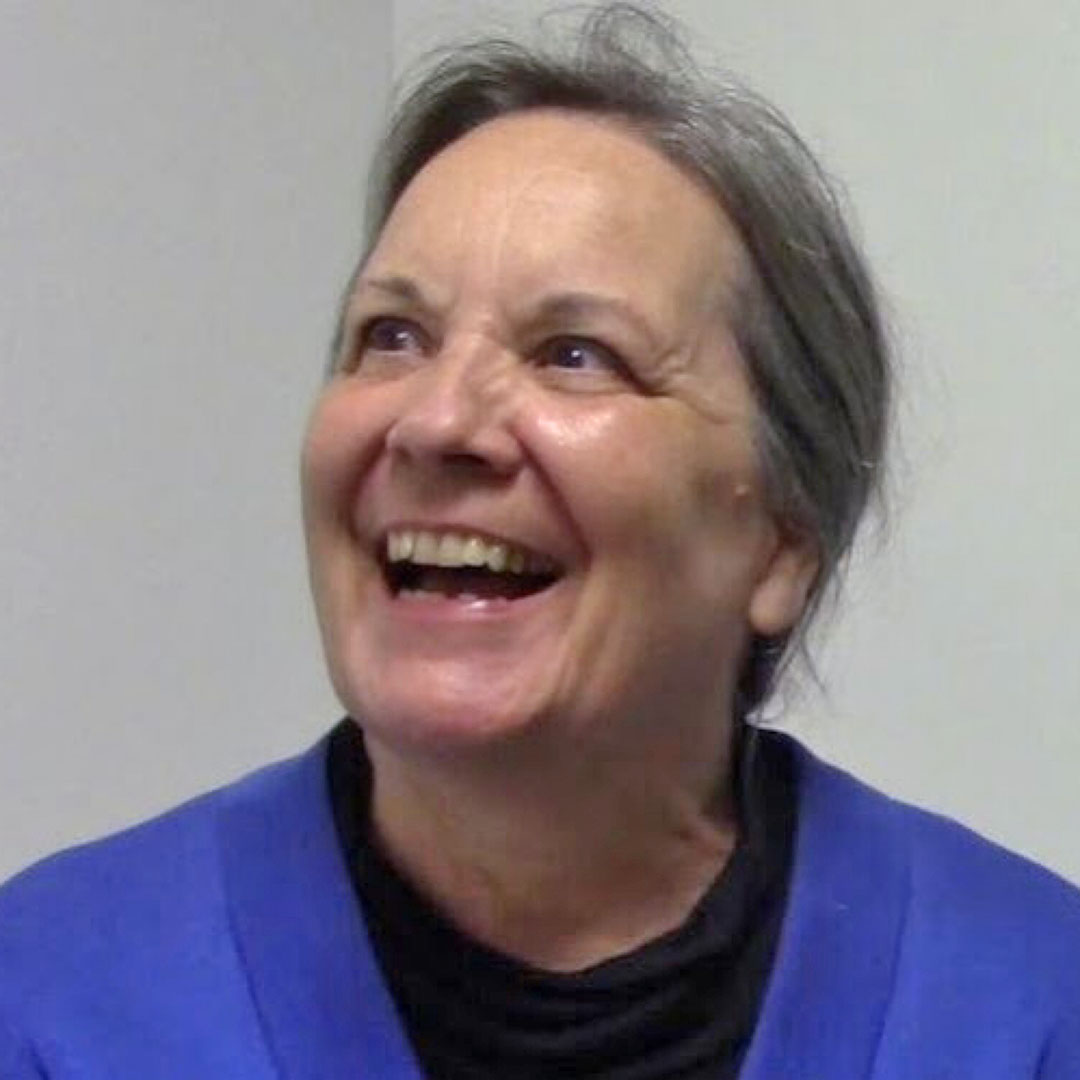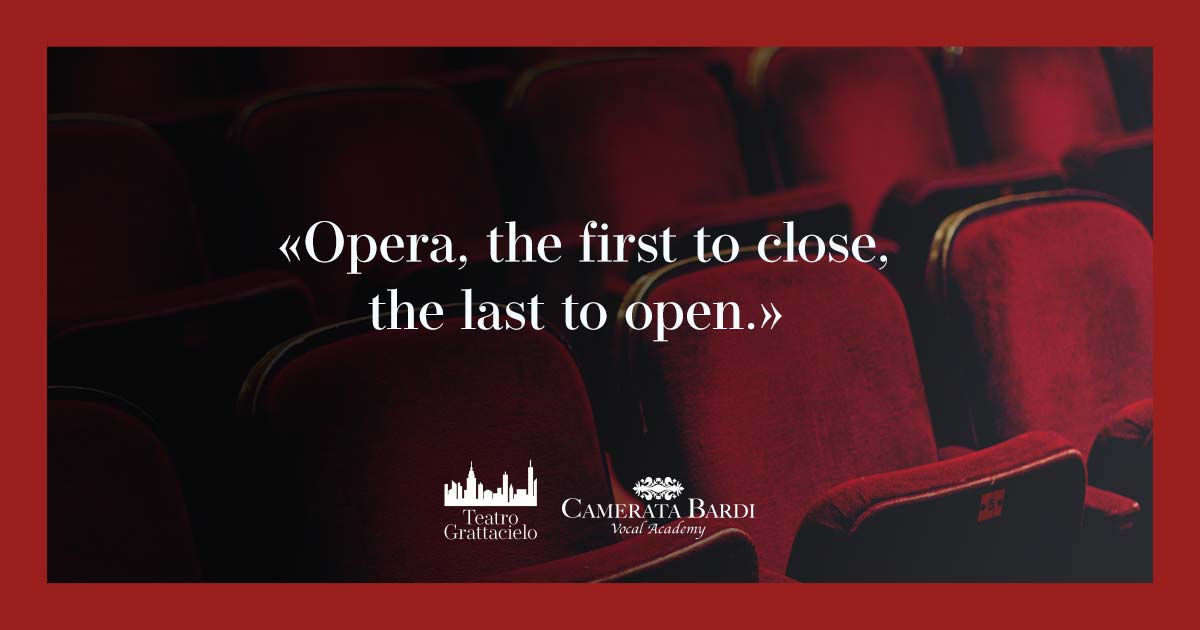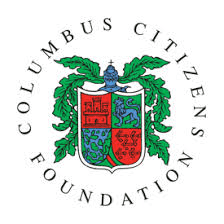Duane Printz
Founder Teatro Grattacielo

Keeping It Real: Rescuing Forgotten Verismo
extract from The New York Times article By Anthony Tommasini
FINDING a replacement for Brünnhilde on short notice, or for any number of daunting roles that only a handful of people in the world can sing properly, is a nightmarish prospect for an opera company. But imagine having to find a replacement tenor to sing the punishing title role of Pietro Mascagni’s “Piccolo Marat.” Never heard of it? Not many operagoers have.
“Il Piccolo Marat” had a sensational 1921 premiere in Rome. A rescue drama and ill-fated-love story set in the river city of Nantes at the height of the French Revolution, it is among the many forgotten works of Italian opera’s verismo era. From the 1890s to the 1920s opera composers in Italy could hardly keep pace with the public demand for melodically plush, hot-blooded and gritty musical dramas. Verismo means realism, and these operas offered true-to-life (sometimes true-to-lowlife) depictions of everyday people.
This period, dominated by Puccini, produced a sizable number of enduring works, starting with Mascagni’s one-act wonder, “Cavalleria Rusticana.” Its runaway success at its 1890 premiere in Rome essentially inaugurated the verismo movement.
Yet dozens of verismo operas that followed, often acclaimed at their openings, have languished for decades. They have a tireless champion in Duane D. Printz, a former soprano and the founding director of Teatro Grattacielo, a scrappy organization devoted to uncovering worthy operas from this once-thriving era.



